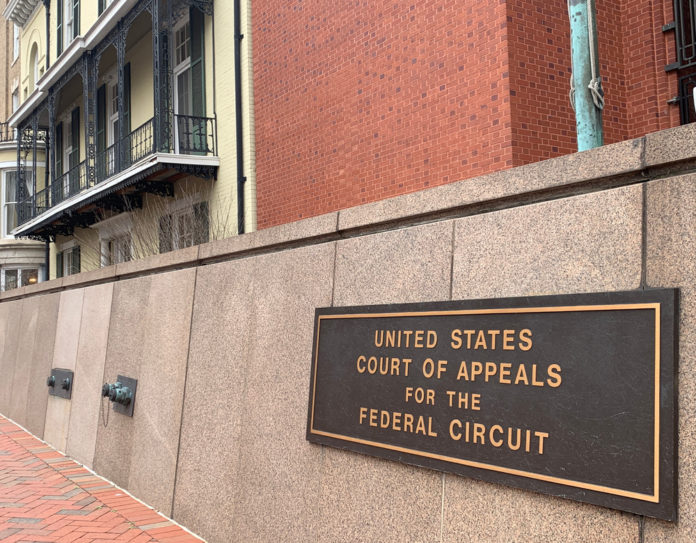ASBCA decision finding that the government was not liable for breach is reversed. The contractor alleged the government breached by paying funds to an account that was not listed in the Central Contractor Registration. The ASBCA found that the government had not breached because one of the contractor’s officers had authorized the government to pay to a different account. The Federal Circuit, however, determined the government was required to pay to the account listed in the Central Contractor database. It could not pay to another account even if directed to do so by one of the contractor’s officers. By paying to a different account, the government breached.
Background
Aspen Consulting had a contract to outfit military clinics in Germany. The contract included FAR 52.232.33, which requires the government to pay the contractor by electronic funds transfer to the account the contractor has listed in the Central Contractor Registration (CCR) database. The government made the first contract payments to a Bank of America account listed for Aspen in the CCR database.
But in 2015, Aspen’s Senior Vice President and COO contacted the government and, citing concerns about the company meetings if financial obligations, asked the government to make contract payments to a Commerzbank account the company had in Germany. The government made two payments to the Commerzbank account.
When one of Aspen’s other officers realized the government had not made payment to the Bank of America account, the company submitted a claim demanding payment. The government denied the claim, arguing that it had been told to pay the Commerzbank account by the VP/COO. That person, the government maintained, had apparent authority to bind the company, so the government had done nothing improper.
Aspen appealed to the ASBCA. The board sided with the government. The board reasoned that while the contract required the government to pay to the account in the CCR database, it also stated that the contractor could provide updated information to the CCR database. This implied a contractor could change its EFT information before updating the CCR database. Here, the board concluded, the VP/COO had apparent authority to change account information. Any failure to update the CCR database was Aspen’s fault, not the government’s.
Aspen appealed to the Federal Circuit.
Legal Analysis
The court rejected the ASBCA’s reasoning. The plain language of the contract required the government to pay Aspen using the EFT information in the CCR database. The contract afforded the government no discretion to pay to another account. The fact that the payment clause contemplated a change in the contractor’s account information did not mean that the clause permitted a contractor to change its account information by any process other than updating the CCR database.
When the government made payment to Commerzbank, no one from Aspen had changed the account information in the CCR database. While the VP/COO may have had apparent authority to change the contract’s payment provisions, those provisions had not been changed. The court concluded that by making payment to the Commerzbank account, the government had breached.
The court remanded back to the ASBCA. The court noted that the government may have an affirmative defense of payment, which could mitigate its damages. A debtor who makes a payment to the wrong account may have a defense to breach claim if it can show the misdirected payment benefitted the creditor. This, however, was a fact-intensive inquiry, the board would have to resolve on remand.
Aspen is represented by Ian Cronogue and Gerald Howard Werfel of Baker, Cronogue, Tolle & Werfel, LLP. The government is represented by Corrine Anne Niosi, Brian M. Boynton, Martin F. Hockey, Jr. and Patricia M. McCarthy of the Department of Justice as well as Allen Scott Balck of the Army.





